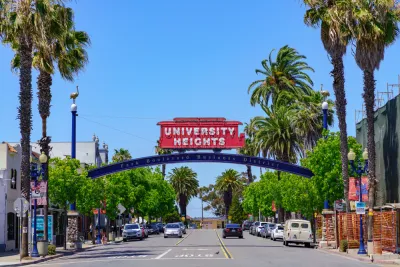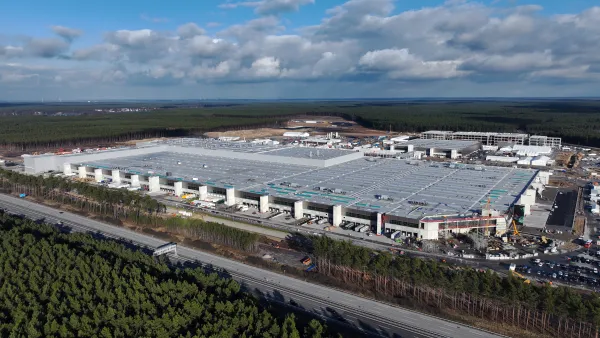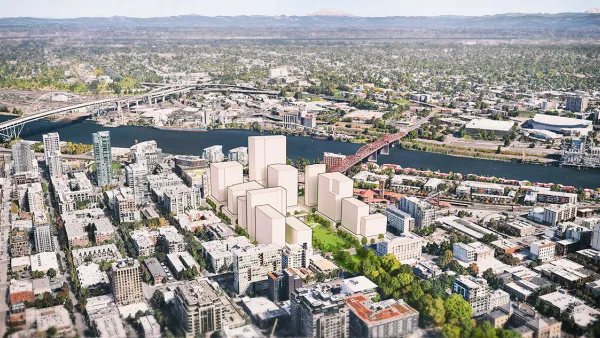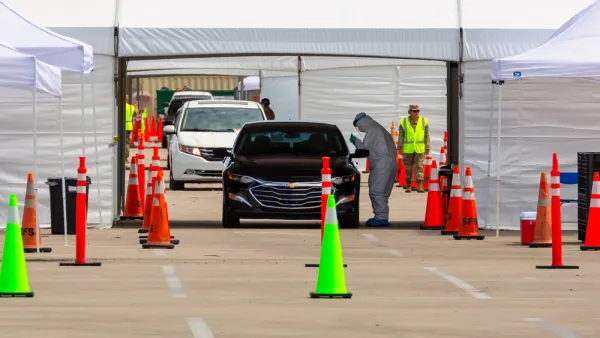From USC to Columbia University, "town and gown" collaborations regarding university expansion have proven to benefit all parties, writes planning activist and affordable housing developer Murtaza Baxamusa.

The multiplier impact of universities on local economies has been shown to be virtually unparalleled. This is particularly important given how cities are often pitted against each other to attract businesses that promise a high number of jobs. As has recently been highlighted by the Amazon HQ2 competition, cities compete with each other to give away public land and tax subsidies to attract major employers. Sometimes, these "incentive packages" result in a net loss to local taxpayers. In all cases, cities are rewarded for minimizing funding of everything from education, to parks, to life & safety services. In contrast, universities are rarely as aggressive as private for-profit enterprises in seeking local subsidies, and in any case, are highly unlikely to move to another city to obtain subsidies. Additionally, universities help support a wide range of private enterprises, from low skilled services, to everyday supplies, to skilled trades, to high-tech and life-sciences start-ups.
Nevertheless, when universities seek to expand, it can be traumatic and damaging for adjacent neighborhoods and residents, particularly if community needs and goals are not given a voice in the matter. San Diego planning activist and affordable housing developer Murtaza Baxamusa writes about the topic in the context of an upcoming voter referendum concerning a sale of the Charger Stadium land to San Diego State University for expansion. Baxamusa references several recent university expansions to review the tensions and the resolutions. He opines that full collaboration and engagement, memorialized in a community benefits agreement, optimizes the expansion for both parties. He references the recent USC expansion as an example of the items that can be addressed in such agreements. For more detailed information, please see the source article.
FULL STORY: University expansions create opportunity for community benefits

Analysis: Cybertruck Fatality Rate Far Exceeds That of Ford Pinto
The Tesla Cybertruck was recalled seven times last year.

National Parks Layoffs Will Cause Communities to Lose Billions
Thousands of essential park workers were laid off this week, just before the busy spring break season.

Retro-silient?: America’s First “Eco-burb,” The Woodlands Turns 50
A master-planned community north of Houston offers lessons on green infrastructure and resilient design, but falls short of its founder’s lofty affordability and walkability goals.

Test News Post 1
This is a summary

Analysis: Cybertruck Fatality Rate Far Exceeds That of Ford Pinto
The Tesla Cybertruck was recalled seven times last year.

Test News Headline 46
Test for the image on the front page.
Urban Design for Planners 1: Software Tools
This six-course series explores essential urban design concepts using open source software and equips planners with the tools they need to participate fully in the urban design process.
Planning for Universal Design
Learn the tools for implementing Universal Design in planning regulations.
EMC Planning Group, Inc.
Planetizen
Planetizen
Mpact (formerly Rail~Volution)
Great Falls Development Authority, Inc.
HUDs Office of Policy Development and Research
NYU Wagner Graduate School of Public Service




























